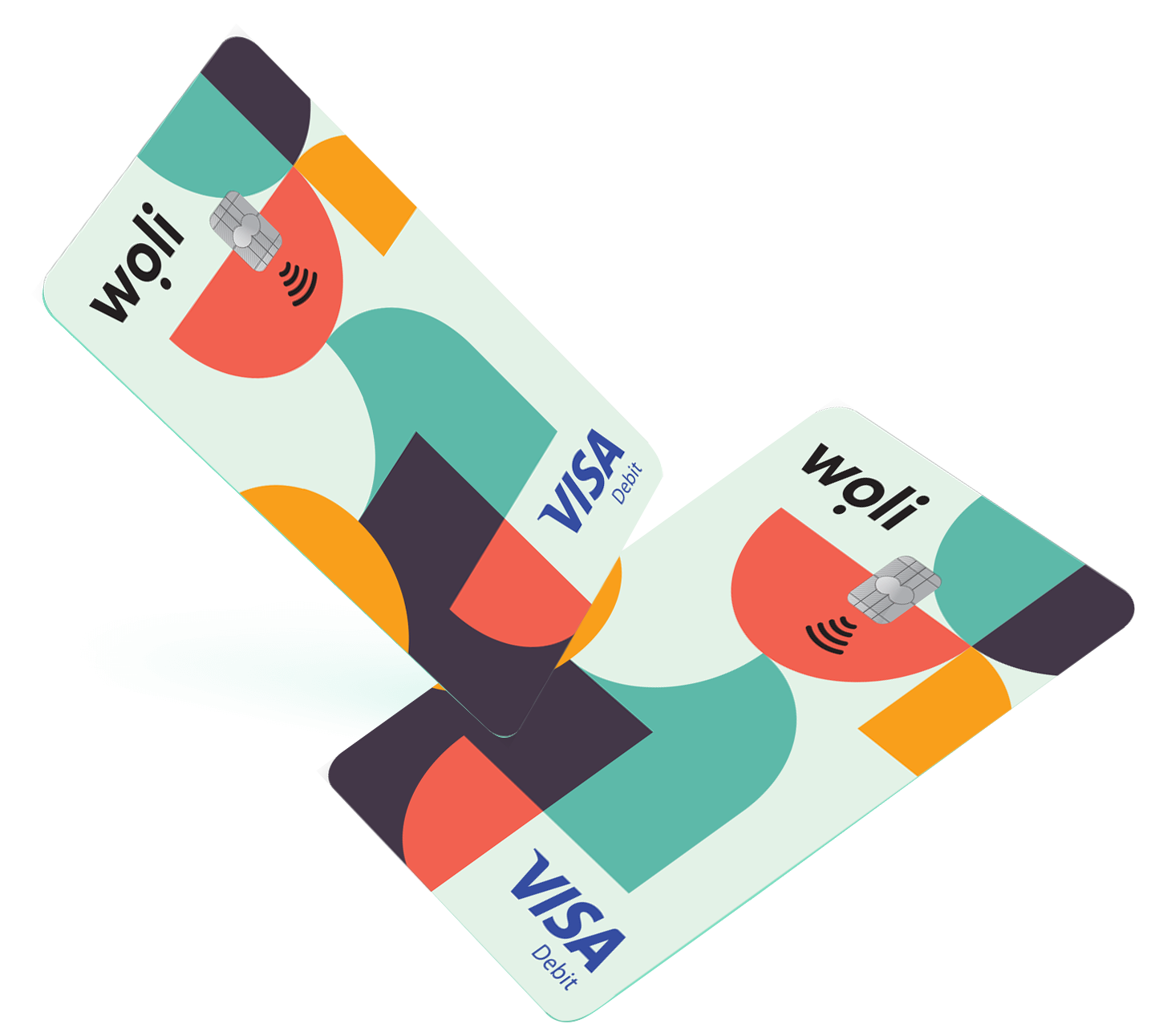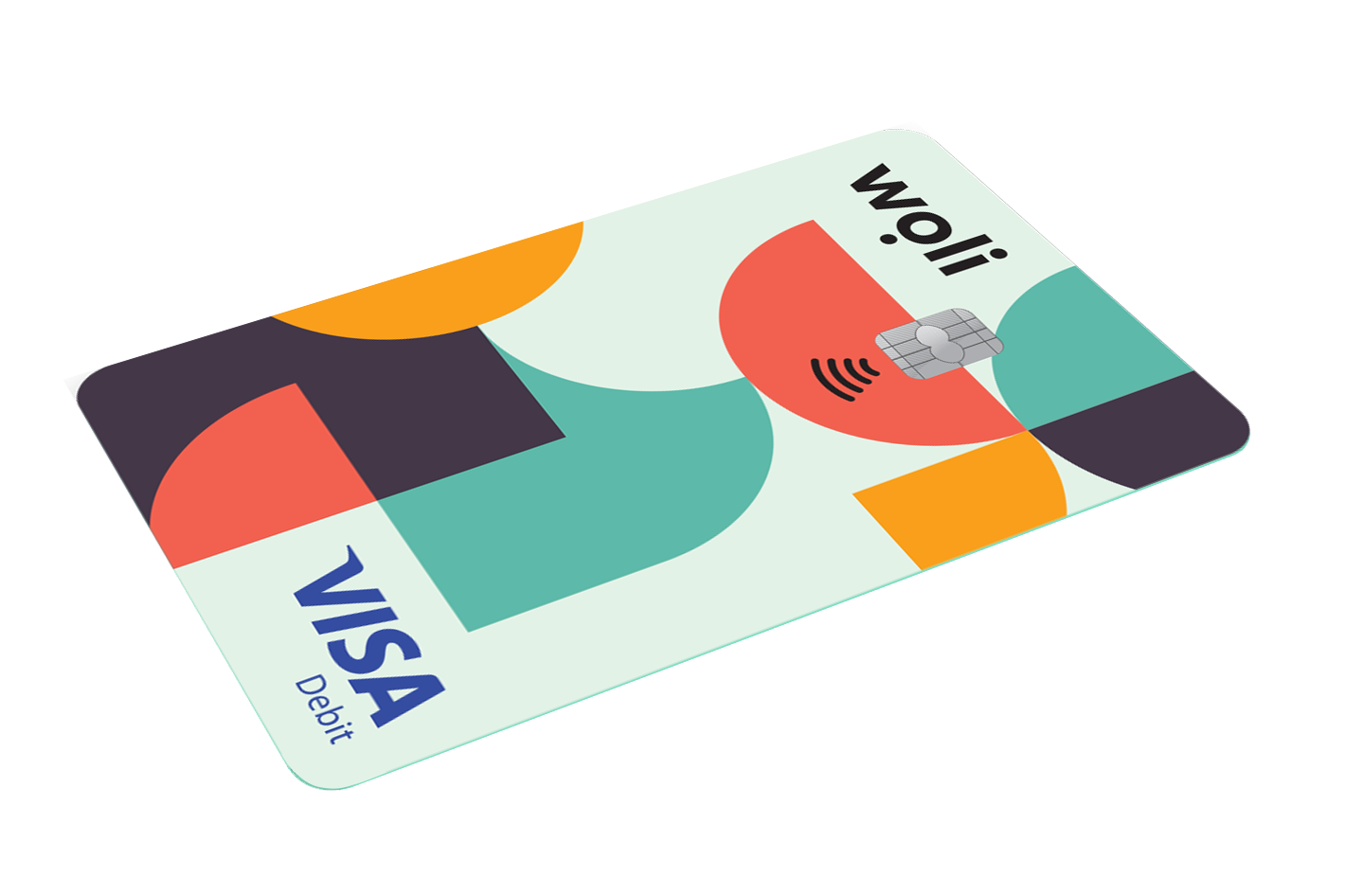Ready to trust your child with handling their own money, but not sure how to start?
A good way to start is to set up a regular pocket money schedule, rather than give children money when they need it. Be guided by your children’s day-to-day needs, goals, what they want to save towards and levels of maturity. Also, take into account that children are spenders or savers by nature!
The rule of thumb is that weekly allowance should be equal to the age of the child (a 8 year old gets 8€ per week, a 10 year old gets 10€ per week), however this can expand to a larger monthly sum as children enter their teenage years. Changing allowance frequency from weekly to monthly can help young teens learn to budget and save, while also signaling an increased level of trust to manage their money well.
Setting chores is a great way to start teaching children to earn part of their pocket money. Common chores are usually related with helping around the house (doing dishes or cleaning up their rooms), but you should make sure you don’t associate chores with contributions you expect your child to make as part of the family. Eg: if taking the dog for a walk is his/hers responsibility, setting it up as a chore means that the child can actually choose not to do it and forgo the money. Consider paying extra for things above and beyond their expected tasks.
Adjust the allowance based on your capacity and child’s needs, but don’t get too hung up on the amount. The most important aspect of pocket money is the “teachable moments” – use it as a tool to start talking to your children about money and how to manage it.









